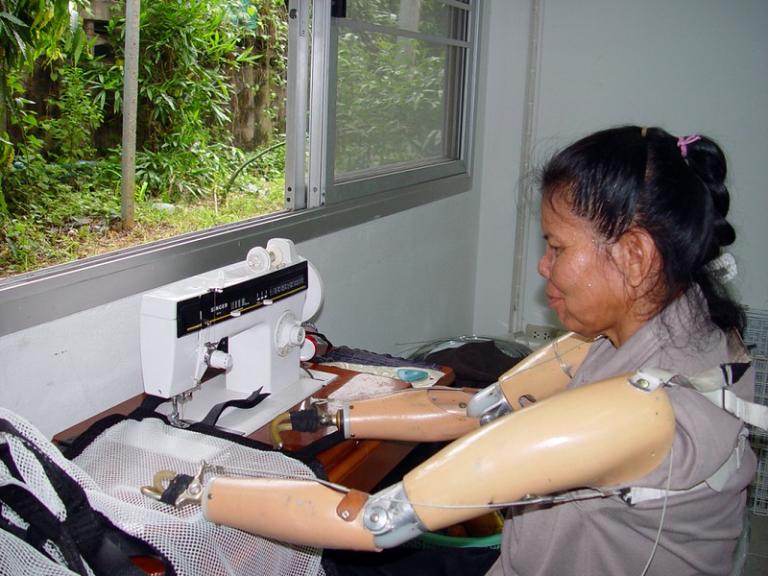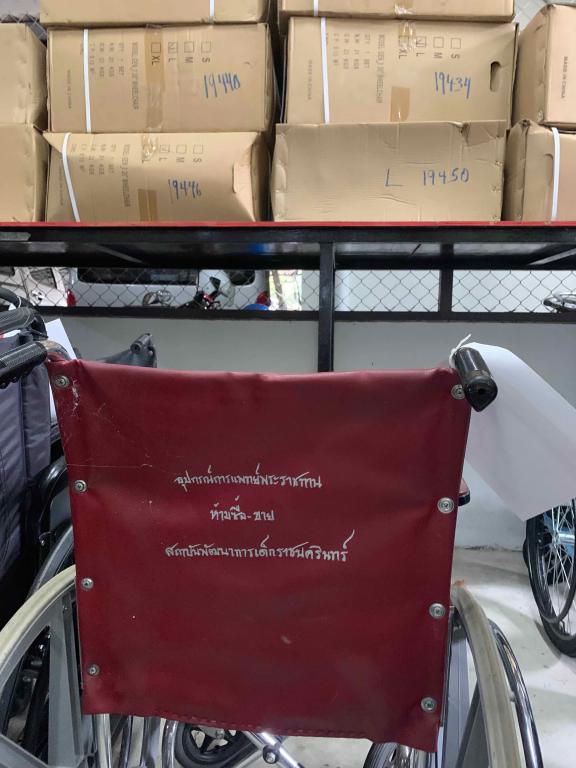
People are shamed because they are different in ways that society finds unacceptable or uncomfortable. No one knows this better than the disabled community.
Shame among the Disabled
They endure social shame in several ways. For example, it’s quite common for people to look away when they see someone with a disability. Abled persons often are simply too uncomfortable to know what to say. This “othering” response is a shaming one.
Even worse, labor laws have long allowed businesses to pay disabled people less than minimum wage. In some cases, they might only earn $1 per hour. This “subminimum wage” is paid to disable persons even when they are just as productive as able-bodied workers. The inability to earn equal wages further deepens one’s sense of shame.
Many people make efforts to address the shaming stigma surrounding disabilities. There is no single approach as individual disability subcultures respond differently. Variation in language is one strategy that groups use to respond to social stigmas and shun potential shame.
For instance, instead of speaking of “disabled people,” some have proposed the term “differently abled.” Those in the deaf community tend to show much pride and have strong opinions about terms used to describe them, such as “deaf” and not “hearing impaired.” People affected by autism frequently use the term “neurodiverse,” as opposed to “neurotypical.”
Granted Royal Honor
Thailand gives a fascinating and encouraging contrast to the way disabled persons are normally treated. The Wheelchair Project is an NGO that partners with Joni and Friends in Thailand. It repairs and distributes wheelchairs throughout the country. What is noteworthy for this post is that the project is sponsored by the princess of Thailand, Her Royal Highness Princess Maha Chakri Sirindhorn.
What difference does that make? It makes all the difference in the world.

Whenever a wheelchair comes into the port of Thailand, an inscription is put on it. In essence, the inscription conveys this idea:
This chair is a gift from the royal princess. It cannot be bought, sold, traded, or taken away from its owner.
What effect does it have on the recipients of the wheelchair and those around them? It bestows upon them incredible honor. It signifies that the royal family holds him or her in high favor because she has granted this wheelchair to the individual.
The gift from the royal princess turns what would otherwise be a cause of shame (socially speaking) into a source of honor! The wheelchair is a mark of status!
Honor also is practical. If anything at all, her patronage ensures that they have something that can’t be taken from them. Society regularly takes things from the disabled or denies them access to other benefits. But her name protects them from at least one injustice that is so commonly suffered by disabled people.
Carried by Grace
This phenomenon is a practical demonstration of what the ancients called “grace,” the very sort of thing that John Barclay explains in his magisterial book Paul and the Gift and its popular-level version Paul and the Power of Grace.
What about us? How can we bestow honor on people? While you might not be national royalty, we all have ways that we can lift up another person whom others ignore or even look down upon.
FYI. Previously, I highlighted a fantastic book showing how disabled Christians can contribute to the church.












